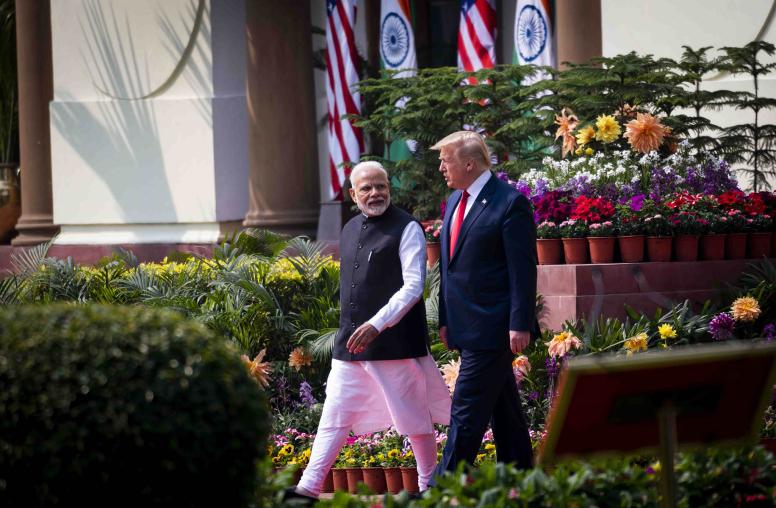Misperceptions About India-Pakistan Trade
Beyond Politics
Larger political issues between India and Pakistan—from border conflicts to mutual government mistrust to long-standing rivalry—have been the main driver for the limited trade and economic cooperation between the two countries. This report, however, makes the case that working within existing protocols to enhance existing trade and cooperation, rather than addressing the more obvious and chronic political issues, is necessary to peacebuilding in the region.
Summary
- India and Pakistan have a troubled past that includes four wars and countless skirmishes. Even when some form of peace and tranquility has prevailed, conditions have been far from conducive for economic and trade relations.
- Despite these tensions, bilateral trade has grown many times and is officially reported to be around $2.2 billion today. Unofficial estimates suggest that it is twice this amount, and that the potential for trade is many times what is currently traded.
- Politics aside, the reasons for limited India-Pakistan trade are rooted in managerial, bureaucratic, transportation, and other local issues.
- High-profile political initiatives often incur resistance from lobbies and powerful groups, both economic and political, that are opposed to India and Pakistan improving their trade, economic, and political relations.
- Restricted exportable items, poor rail and road connectivity, logistics, and facilitation are key impediments to expanding trade.
- Streamlining some of these logistical issues would benefit trade significantly. Not only would trade increase, but welfare gains to the industry and to the consumers would also be substantial in both countries.
- Peacebuilding and peacemaking will always be subject to the larger political issues between India and Pakistan, but economic and trade cooperation offers a clear way toward greater stability and peace between both countries and across South Asia as a whole.
About the Report
This report makes the case for working within existing protocols to enhance trade and cooperation between India and Pakistan rather than attempting to address chronic bilateral political issues directly. Drawn on numerous published studies and in-country interviews, the report argues that trade between the two countries could play an important role in addressing prospects for peace in South Asia. The report was commissioned by the South Asia program of the United States Institute of Peace given the Institute’s long-standing and wide-ranging commitment to strengthening peacebuilding in the region.
About the Author
S. Akbar Zaidi is a visiting professor at Columbia University in New York, holds a joint position in the School of International and Public Affairs and in the Department of Middle Eastern, South Asian, and African Studies, and is an adjunct professor at the Institute of Business Administration (IBA) in Karachi. Farheen Ghaffar, an IBA graduate, is involved with a Karachi nonprofit that focuses on education. Saba Aslam, also an IBA graduate, is a researcher



